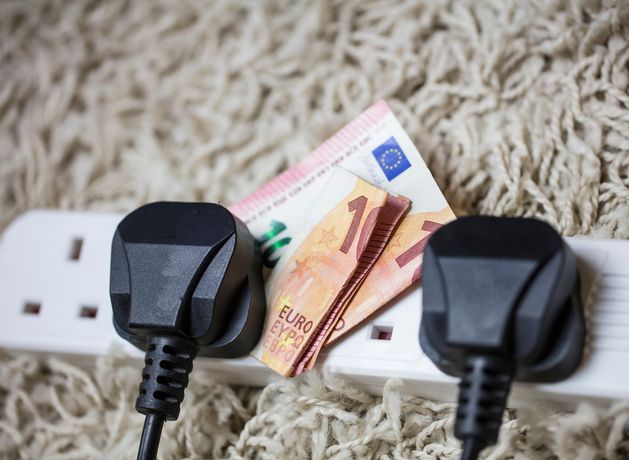The ESB alone has €31.5m still sitting on its books, and all of it is likely to end up back in the state’s coffers.
Between them, other energy providers have millions more they will be returning.
In its last budget, the Government unveiled another round of energy credits for households in a cost-of-living measure costing €900m. That followed previous energy credits given to consumers.
Today’s News in 90 seconds – 18th September 2024
ESB chief financial officer Paul Stapleton confirmed that €31.5m of the hundreds of millions of euro that its Electric Ireland consumer arm received to dish out to customers has not been used since the last government credit of €150 was paid in March and April this year to households.
“It’s the residual of the Irish government supports for customers,” he told the Irish Independent.
Despite cuts being made by all the Irish energy providers, including Electric Ireland, to electricity and gas prices over the past year, residential consumers are still paying about 80pc more for their power than they were before the energy crisis started in early 2021.
The ESB has about 1.2 million residential electricity customers, with a total of two million such customers in the country who are served by providers including Bord Gáis Energy, SSE Airtricity, Energia and a number of other firms such as PrepayPower.
Mr Stapleton added that the Government initially gives the energy credit funds to ESB Networks – the company that operates the country’s electricity transmission network – and that it is done on an estimated basis.
“ESB Networks then allocates it to the various [energy] supply companies who pass it on to the customers,” he said. “If there’s any residual, then it ultimately gets passed back to the Government.”
Mr Stapleton said the €31.5m residual in the ESB’s accounts relates solely to the ESB’s consumer arm, Electric Ireland.
He said there are a number of potential reasons why all the money does not get used.
Government is set to announce a further energy credit for consumers in next month’s Budget
Mr Stapleton pointed out that the reasons there might be an initial overestimation by the Government, in terms of the amount that might be paid to customers in energy credits, can include vacant properties, or uncertainty whether a specific customer is classified as a business or residential customer.
“The credits are applied to customer accounts – but obviously the Government is making provision based on what it estimates the number of homes or customers there are,” he said. “If customers didn’t get it, they are given an opportunity to seek it.
“Once the period for customers to make claims or to regularise any inconsistencies in the application is up, then any balance is passed back to the Exchequer.”
The scheme is open until the end of this year to allow queries to be investigated and credits applied where appropriate.
Bord Gáis Energy said it also has residual credits that are being returned to the Exchequer.
It said the sum represents less than 3pc of the total it had to distribute to electricity customers. That would still represent millions of euro.
SSE Airtricity said it has a “small cash balance” that will be returned to the State by the end of the year. Energia did not respond to a request for comment.
The Government paid the first energy credit to domestic consumers in December 2022, which was €200.
A further €200 was paid in January 2023 and another €200 in March or April that year.
In December last year, €150 was paid to households, and a further total of €300 paid between January and April this year.
The Government is set to announce a further energy credit for consumers in next month’s Budget.
ESB’s wind-farm project has become a €400m drain.

